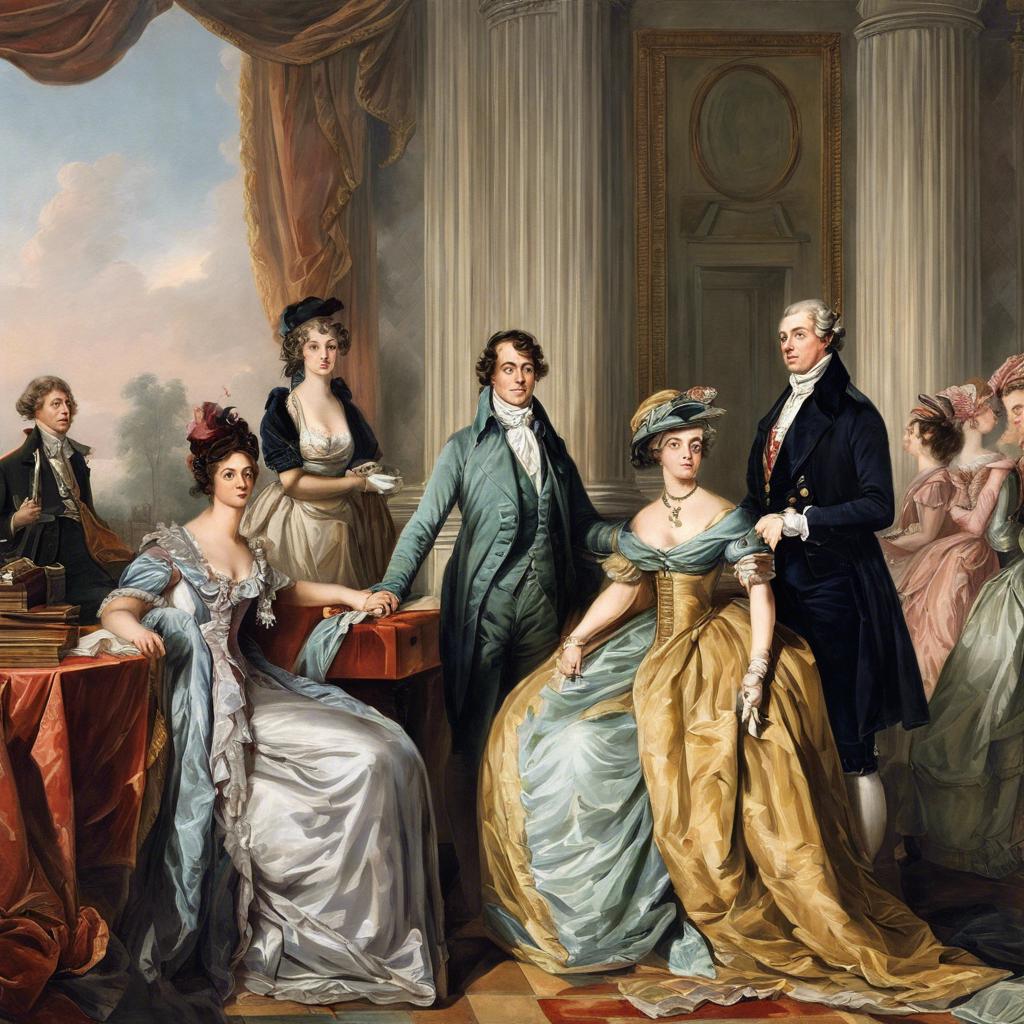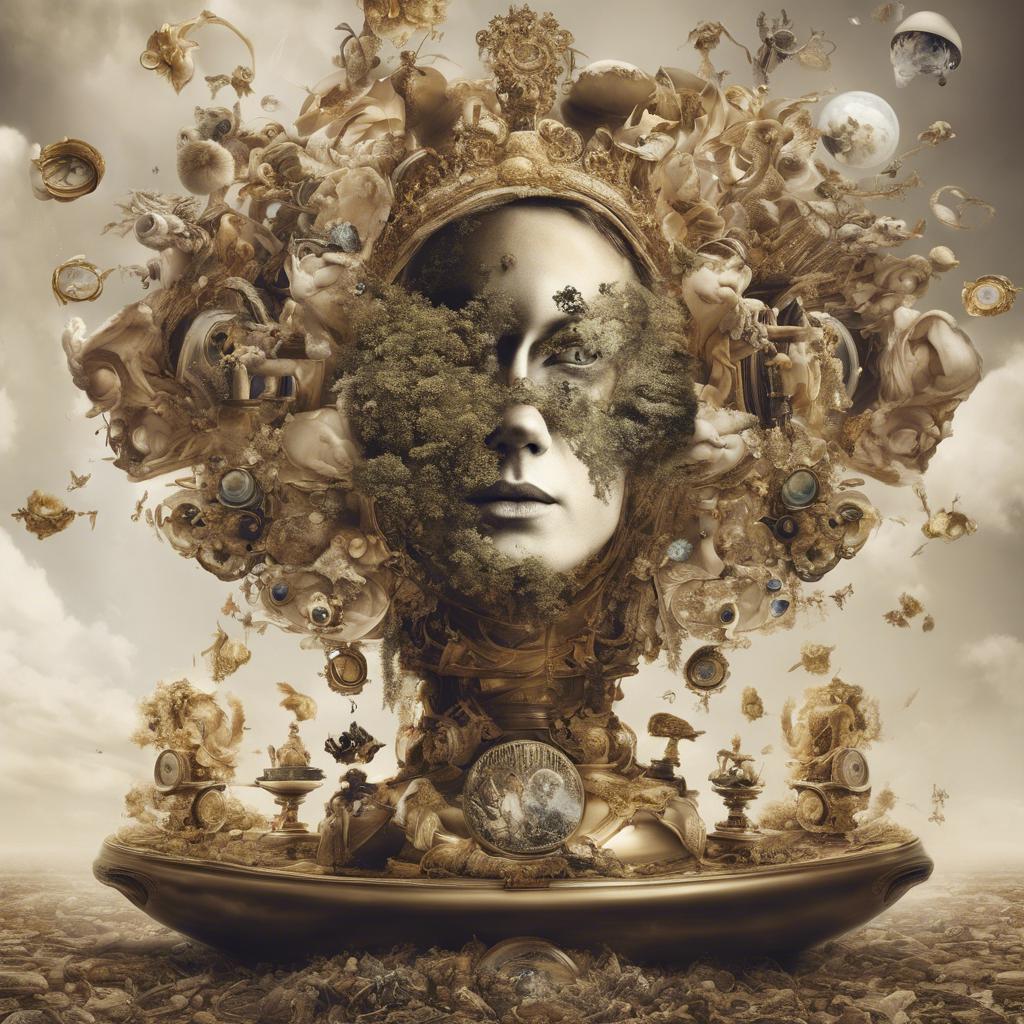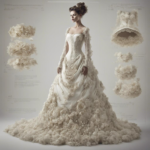During the Regency era, the British aristocracy stood as the pinnacle of society, embodying wealth, power, and privilege. As the chosen few who held sway over politics, economics, and culture, the aristocracy wielded immense influence and shaped the very fabric of society. From lavish balls and opulent estates to scandalous affairs and intricate social hierarchies, the Regency era aristocracy was a world unto itself, defined by strict rules of conduct and extravagant displays of wealth. Join us as we delve into the fascinating world of Regency era aristocracy, exploring the lives, loves, and legacies of those who reigned supreme in this glittering yet tumultuous period of history.
Step Into the World of Cheryl Bolen
Dive into the enchanting stories of love, intrigue, and elegance set in the Regency Era. Cheryl Bolen's novels offer timeless romance and captivating tales that will leave you wanting more.
Explore Cheryl Bolen's Books Now
– The Aristocratic Society of Regency Era England: A Detailed Overview
During the Regency Era in England, the aristocratic society played a significant role in shaping the cultural landscape of the time. This period, which spanned from 1811 to 1820, saw the rise of a new generation of aristocrats who were known for their extravagant lifestyles, lavish parties, and impeccable fashion sense. These elites were at the top of the social hierarchy and wielded considerable influence over politics, fashion, and society.
The Regency era aristocracy was characterized by their adherence to strict social norms and codes of conduct. Members of this elite class were expected to behave with decorum and uphold the values of propriety and etiquette. This meant observing rigid rules of behavior in social settings, adhering to strict dress codes, and participating in formal social events such as balls, soirées, and afternoon teas.
One of the key features of the aristocratic society during the Regency Era was the importance placed on lineage and heritage. Ancestry and title were of utmost importance, and aristocrats took great pride in tracing their lineage back to noble and influential ancestors. Family connections and alliances were crucial for maintaining social status and prestige, and marriages were often arranged to consolidate wealth, power, and influence among the aristocracy.
– Aristocratic Fashion and Etiquette During the Regency Period
During the Regency period, aristocratic fashion and etiquette were of utmost importance in high society circles. Fashion played a key role in distinguishing one’s social status and adhering to proper etiquette was essential in maintaining one’s reputation and standing within the community.
Fashion Trends
- Women’s fashion during the Regency period was characterized by high waistlines, empire silhouettes, and delicate fabrics such as muslin and silk.
- Men’s fashion involved tailored coats, waistcoats, and breeches, often made of luxurious materials like wool and velvet.
- Both men and women wore intricate accessories such as gloves, hats, and jewelry to complete their ensemble.
Etiquette Rules
- Proper etiquette dictated the way individuals interacted with one another, from greetings to dining protocols.
- Aristocrats were expected to adhere to strict guidelines regarding speech, behavior, and social engagements.
- Etiquette manuals were widely read and followed to ensure individuals maintained a sense of decorum and refinement in all aspects of their lives.
| Women’s Fashion | Men’s Fashion |
|---|---|
| High waistlines and empire silhouettes | Tailored coats and breeches |
| Delicate fabrics like muslin and silk | Luxurious materials such as wool and velvet |
– The Role of Women in Regency Era Aristocracy: Challenges and Opportunities
In the Regency Era aristocracy, women played a vital yet challenging role in the social hierarchy. Despite their elevated status as the wives and daughters of noblemen, they faced numerous obstacles in navigating the intricate web of societal expectations and limitations.
One of the primary challenges that women in Regency Era aristocracy faced was the lack of legal rights and autonomy. Women were often subjected to the authority of their male relatives, with limited control over their finances, property, and even their own lives. This dependence on male guardianship restricted their ability to make independent decisions and constrained their social mobility.
However, amidst these challenges, women in Regency Era aristocracy also found opportunities to exert influence and shape the society in which they lived. Through their roles as hostesses of grand social events, patrons of the arts, and mothers who groomed the next generation of aristocrats, women were able to wield soft power and subtly influence the political and cultural landscape of their time.
| Opportunities: | Challenges: |
| Hostesses of grand social events | Lack of legal rights and autonomy |
| Patrons of the arts | Dependence on male guardianship |
| Matriarchs who groomed the next generation | Restricted social mobility |
– Recommendations for Further Exploration of Regency Era Aristocracy
For those interested in delving deeper into the fascinating world of Regency Era aristocracy, there are several recommendations for further exploration:
1. Read Classic Literature: Dive into the works of renowned authors such as Jane Austen, who skillfully depicted the lives of the English upper class during the Regency Era. Books like “Pride and Prejudice” and “Sense and Sensibility” offer valuable insights into the societal norms and customs of the time.
2. Visit Historic Sites: Plan a trip to England and explore the grand estates and stately homes that once belonged to aristocratic families. Places like Chatsworth House, Blenheim Palace, and Highclere Castle (the setting of “Downton Abbey”) provide a glimpse into the opulent lifestyles of the Regency elite.
| 3. Attend Regency Events: | Description: |
|---|---|
| Jane Austen Festivals | Experience a taste of Regency life at events celebrating the author and her works. |
| Regency Balls | Dress in period attire and dance the night away at elegant balls reminiscent of the era. |
In Retrospect
the Regency Era aristocracy represented a fascinating period of history characterized by elegance, extravagance, and societal change. The opulence of the upper class was on full display, yet beneath the surface, tensions simmered and reforms began to take shape. As we reflect on this pivotal time in history, we are reminded of the complexities of power, privilege, and progress. The legacy of the Regency Era aristocracy continues to shape our understanding of class dynamics and societal norms. Let us delve deeper into this rich tapestry of history and explore the enduring impact of the aristocracy on our modern world.


